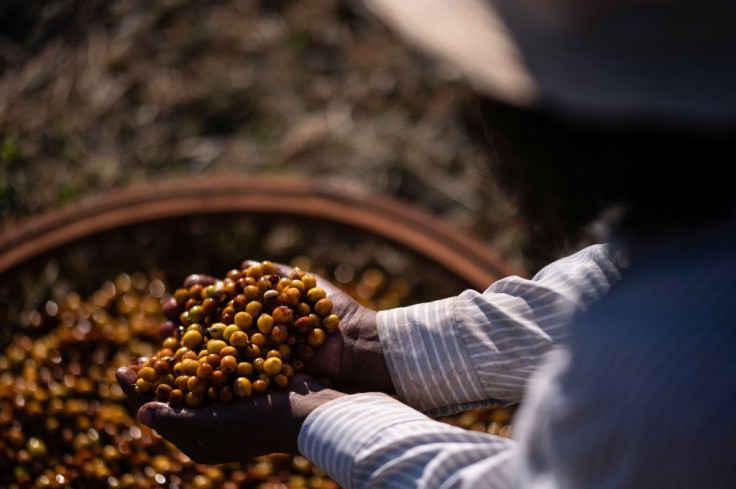
The Trump administration is weighing reductions in import tariffs on coffee, bananas, and other foods that the U.S. does not produce domestically, a move officials say is aimed at easing voter frustration over the cost of living.
Treasury Secretary Scott Bessent said Wednesday that "important announcements" are expected "in the coming days," signaling potential changes that would directly affect products heavily consumed across Latino communities.
Bessent told Fox News that the administration is examining duties on items such as coffee and bananas but did not specify which countries would be included or how the reductions would be structured, as NBC News explains.
The U.S. currently relies heavily on Latin America for these imports. Brazil—now facing a 50% tariff imposed in July—is the nation's top coffee supplier while Guatemala, Ecuador, Honduras, and Costa Rica supply most U.S. banana imports and also face elevated tariffs under the administration's trade measures.
Bessent said he expects Americans to "start feeling better" about affordability by early 2026, arguing that wage growth will outpace inflation. He reiterated the administration's position that inflation problems were "inherited," while declining to specify whether the president will move forward with his proposed $2,000 "tariff dividend" checks for families earning under $100,000.
Economists and analysts, however, are not confident on how much relief tariff cuts would actually provide—especially for coffee.
With retail coffee costs rising nearly 20% over the past year—driven by a combination of volatile weather in Brazil, drought-related supply constraints, and steep tariff increases on Brazil (50%), Colombia (10%), and Vietnam (20%), experts consulted by CNN warn that even if tariffs fall, consumer prices may not.
"Once you take price increases, you tend not to give them back," Cornell professor Alex Susskind told CNN, adding that major coffee chains are unlikely to reverse pricing because demand has remained steady across demographic groups. Grocery-store brands may see some decline, he said, but the effect is expected to be limited.
Investopedia echoed that view, explaining that items like coffee and bananas—products the U.S. cannot produce at commercial scale—are particularly sensitive to tariff-driven price increases. For Latino consumers and businesses—who make up a large share of U.S. coffee and fresh-produce shoppers—tariff shifts could have immediate relevance.
© 2025 Latin Times. All rights reserved. Do not reproduce without permission.





